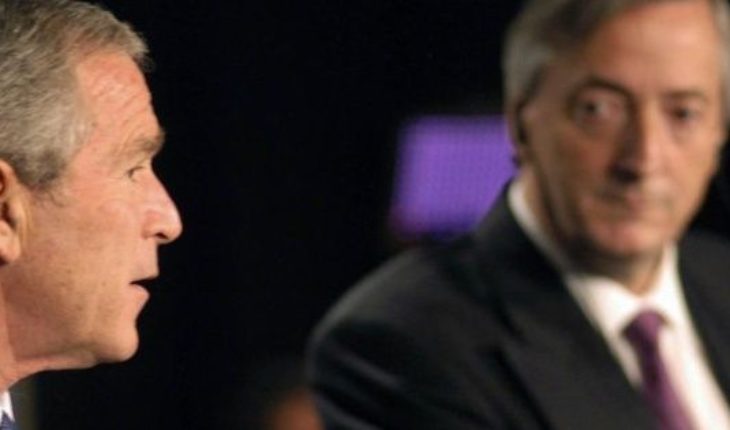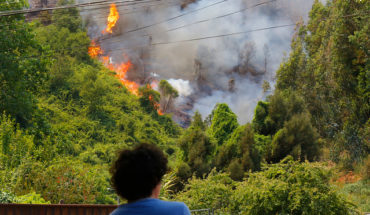13 years passed the historical Summit in Mar del Plata, who managed to put a brake to the advance of George W. Bush on Latin America – at the same time that invading Iraq and Afghanistan-.Hoy day the regional panorama shows diametrically opposite to the years where Lul Da Silva, Néstor Kirchner and Hugo Chávez marked the rhythm of the continent.
The social anthropologist Alejandro Grimson defined what happened 13 years ago as “a historic moment that I do not know if all societies end up giving all the value they have”. The Area of free trade of the Americas proposed a multilateral agreement on free trade for all countries of America. But in 2005 the opposition from center-left governments stopped him dry.
“Here, in Mar del Plata, is the tomb of FTAA,” said Hugo Chávez this time.
Continental opposition “Is one of the few actions coordinated between several Latin American Governments to stop the commercial United States advanced on the region”, said Grimson on that November 5, 2005.Si well the progressive wave It began at the end of the 20th century with the victory of Hugo Chávez in Venezuela, that event meant for the anthropologist “the possibility of addressing economic and therefore social, autonomous policies”. Leandro Morgenfeld historian, on the other hand defined it as “a major milestone and a demonstration of a new stage opening up in Latin America”.
“It was a demonstration of the new time, and also enabled the possibility of thinking and build instances of coordination policies had attempted in the past 200 years but without success,” he told edge.
The union of Argentina, Brazil, Venezuela, Paraguay and Uruguay against the idea of Bush and Vicente Fox, by then Mexican President, gave rise to a process of political cooperation that had never been America Latina.anos later, those four countries would constitute a Venezuela as a full member of Mercosur and Bolivia as a partner in the process of accession. Changes, all cambia13 years later the situation is rather the opposite: Bolsonaro won 8 days ago the election in Brazil and intends to leave Mercosur in the background, to negotiate bilaterally with the powers. “Negotiate jointly is the only way to do so in a less unbalanced manner with non-regional powers,” said Morgenfeld, historian who presents his new book Bienvenido Mr. President. Roosevelt to Trump: visits of American Presidents to the Argentina. On the other hand, Grimson explains that the unity between Brazil and Argentina is political of State of both countries from the democratic recovery: “are creating the conditions to delete this episode of No to the FTAA”, said. Both agree that the giant from the North insists on pushing regional fragmentation due to the large asymmetries between the economies of the countries South American. it does bilateralism?
Since they began the South American economic crisis, due to the fall in prices of commodities, the series of political changes gave an important twist that threatens to multilateralism “is very deep is going to weaken, because one thing is that there is Mercosur neo-liberal, that already was in the 90’s, but they are now going for more and threatened State policies followed since democracy”, said Grimson to edge.
That shift, they argue, harms the position that could negotiate this side of the world countries, since divided are completely unbalanced with extrahemisfericas powers. “We have a number of functional Governments strategy of United States promote regional balkanisation, is one of the major problems of Latin America,” developed Morgenfeld. Is there hope?
For the historian, “there are still countries and processes that attempt to reconstruct the homeland with which dreamed Bolivar”, and there stands the choice of Andrés Manuel López Obrador in Mexico, breaking the hegemony of the PRI and the PAN. AMLO victory was celebrated by the leadership of Latin America’s left, and even former President Cristina Kirchner said in his Twitter and defined it as “a hope not only for Mexico but for the entire region”. It is hoped that in his Government, which begins on December 1, the leader of MORENA is facing more than South-United States.





